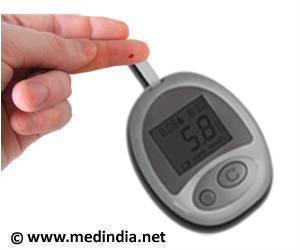It was found out that women who drank coffee were found to be at a lesser risk of miscarriage, stillbirth, or premature birth.
Highlights:
- Coffee consumption during pregnancy can lead to several adverse pregnancy outcomes
- However, there is no greater risk of miscarriage, stillbirth or premature birth for women who drank coffee
Coffee Consumption During Pregnancy
Dr. Gunn-Helen Moen, Dr. Daniel Hwang, and Caroline Brito Nunes from UQ’s Institute for Molecular Bioscience used genetics to analyze coffee-drinking behavior. Their findings show limited coffee consumption during pregnancy didn’t increase the risk of miscarriage, stillbirth or premature birth. “Current World Health Organization guidelines say pregnant women should drink less than 300mg of caffeine or two to three cups per day,” Dr. Moen said.“We wanted to find out if coffee alone increases the risk of adverse pregnancy outcomes, and the research shows this isn’t the case.”
Dr. Hwang said that coffee-drinking behavior is partly due to genetics with specific genetic variants affecting how much coffee we drink.
“We showed that these genetic variants affect coffee consumption in the general population and pregnant women,” he said.
How Much Coffee can a Pregnant Woman Drink?
The researchers used Mendelian Randomization, eight genetic variants that predicted pregnant women’s coffee-drinking behavior and examined whether these variants were also associated with birth outcomes.“Because we can’t ask women to drink prescribed amounts of coffee during their pregnancy, we used genetic analyses to mimic a randomized control trial,” Dr. Hwang said.
“When it comes to diet during pregnancy, women are often advised to cut things out, but this study shows they can still enjoy coffee without worrying about increasing the risk of these pregnancy outcomes,” Dr. Hwang said.
“For that reason, we don’t recommend a high intake during pregnancy, but a low or moderate consumption of coffee,” Dr. Moen said.
This research used genetic data from the Coffee and Caffeine Genetics Consortium, the UK BioBank, the Avon Longitudinal Study of Parents and Children and 23andMe.
It has been published in the International Journal of Epidemiology.
Source-Eurekalert
















